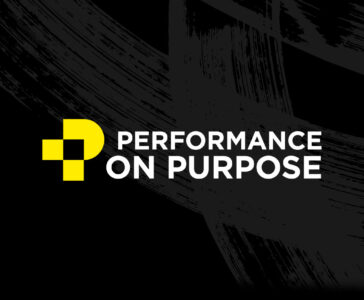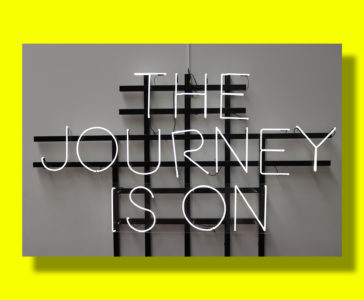In a time where two gigantic generations – boomers and millennials – seem to be getting all of the attention, it’s easy for us generation X “Slackers” to feel lost in all the noise.
We are entering a time when more generations will make up the workforce than at any other time in history. Hence why over the past couple of years I have been lecturing, moderating panels, and writing articles all about the benefits of a fully integrated multi-generational workforce. However, those conversations inevitably focus on the “hot topic” of the two generations that tend to struggle to integrate – millennials and boomers.
we are essential to creating a multi-generational workforce that isn’t just integrated, but interdependent.
What gets left out is the the much smaller and less discussed generation X. During the last two events I spoke at, one in Boston the other in NYC, members of the audience who were gen x, myself included, began to discuss this and a couple of key points came through that really resonated.
1) We are connectors
It seems that gen xers are really good at bringing people together. As ambassadors of the digital age, we learned how to establish meaningful connections with others using a new breed of technologies. We seem to prefer working in groups to take on challenges and helped pioneer the culture-driven organization.
2) We are adaptable
We are the generation that saw the tail end of the industrial economy and the birth of the information economy. We’ve had to figure out how to dismantle the outdated infrastructure and methodologies of the past to make room for the modern infrastructure and frameworks of the future. We tend to excel at innovation in the face of uncertainty.
Both of these qualities make us essential to creating a multi-generational workforce that isn’t just integrated, but interdependent. We are the interpreters between two distinct generations, one who created a time of affluence like none other in history, the other, ambassadors of the of a new economy driven by purpose. Imagine how your back would feel if you had no disc materials separating the bones? (now that we are hitting middle age, I imagine some of you know exactly how this feels)
I, for one, am OK with this. In fact, I find the whole idea of being responsible for creating the conditions that give the next generation the best chance of success, invigorating. How do you see it?
About Brent
Brent works with leaders to design futures worth fighting for. A partner at Fathom, he champions an approach to strategic planning, employee engagement, leadership succession and market differentiation that prioritizes people and relationships. As a result, his clients don’t simply plan their futures, they bring them to life through the energy of organization-wide involvement in, and commitment to, generating valuable businesses that matter.
Want more from Fathom?
Sign up to receive updates about our articles.


